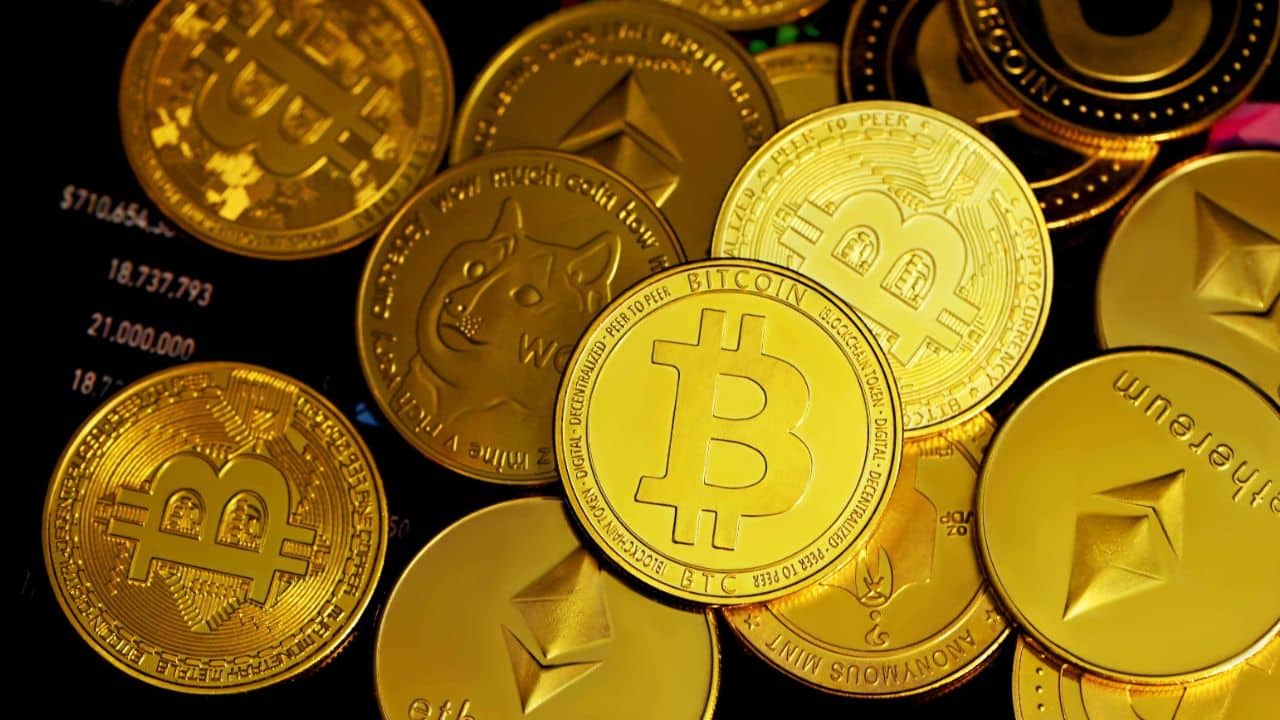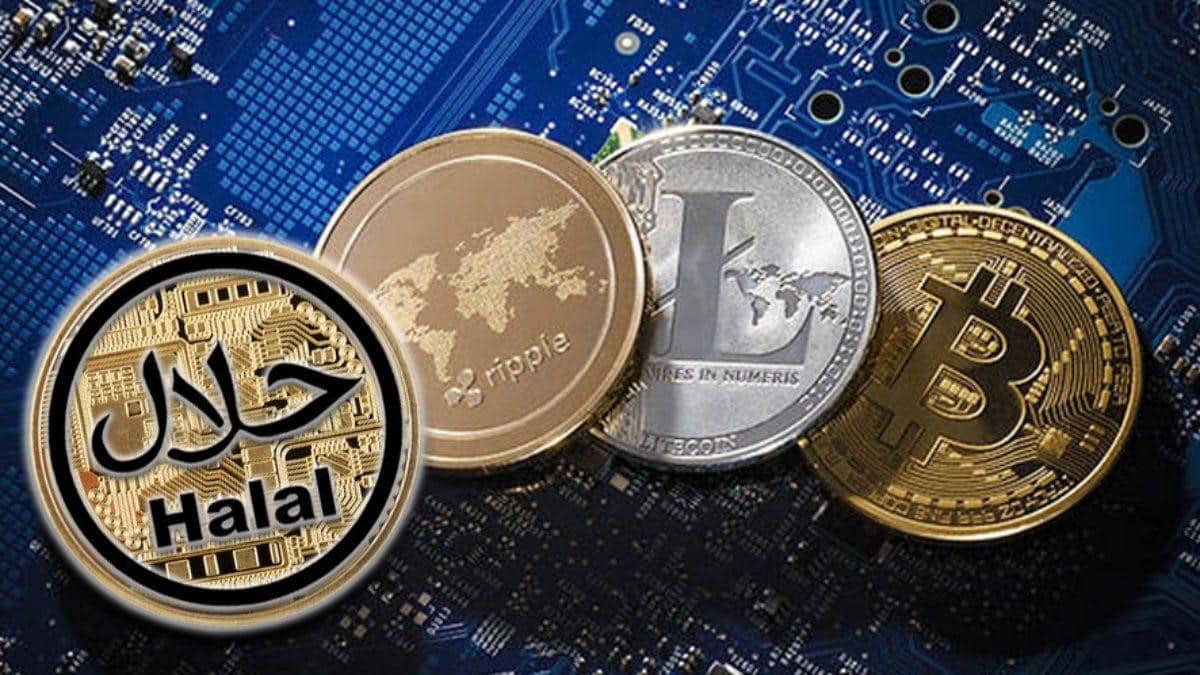With the growing popularity of blockchain, a new consideration is emerging for those in the Muslim community: can blockchain be used for Shariah-compliant finances?
Based purely on speculation, blockchain isn’t qualified as a truthful means of earning. Ongoing discussions about whether a digital currency should be accepted as an exchange medium under Shariah highlight the key challenge Muslims face in finance.
Yet interest in blockchain continues to grow in Islamic finance, with related organizations exploring the benefits of blockchain adoption.
In 2020, Dubai announced intentions to incorporate blockchain technology into public and private sectors, and the first Shariah-compliant cryptocurrency — Islamic Coin — launched in May 2023 on the Haqq Blockchain.
Financial services based on blockchain are coming, but what are the challenges Islamic financial groups face, and why is this new tech uniquely positioned to push this market forward?
Muslims and Global Finance: Key Challenges
Around 1.8 billion Muslims around the world encounter barriers to accessing financial services, particularly in non-Muslim majority nations where such services are limited.
Financial platforms do not typically provide Shariah-compliant services and products, and the regulatory framework for the Islamic financial ecosystem differs from country to country, leading to confusion and confidence deterioration.
Add in poor access to inexpensive financial services in many Muslim-majority regions, such as savings accounts, loaning infrastructure, and insurance options, and it becomes clear why Muslims need an alternative financing option.
On the macro side of Islamic finance, Muslim investors usually seek to invest in opportunities consistent with their ethical views and ideas. However, finding acceptable Shariah-compliant investment opportunities can be challenging, particularly in industries with a worldwide scope, such as technology, healthcare, and renewable energy.
Blockchain presents an opportunity to resolve these issues as it is transparent at its core, can be easily retooled to be Shariah-compliant and is increasingly connected to traditional financial institutions. As a result, Islamic financial platforms are increasingly using blockchain technology for complex financing terms, halal transactions, and Islamic alternatives to conventional insurance.
Innovations in Islamic Blockchain
As blockchain adoption persists in the Islamic financial world, Shariah-compliant innovations continue to emerge, such as the introduction of Smart Sukuk, which differs from conventional Sukuk in various ways.
Sukuk markets, or Islamic securities, are highly favoured in Islamic finance. Smart Sukuk seeks to bring traditional efficiency, transparency, accessibility, and cost reduction to the digital sphere.
These aspects may allow small and medium enterprises (SMEs), social impact projects, and other associations to issue their own Sukuk, promoting financial inclusion and accessibility.
The transparency and security inherent in blockchain technology help combat elements of uncertainty (gharar) and ensure low fees (ujr) by making transaction processing cost-effective. All transactions are recorded on an immutable ledger, making it difficult for bad actors to manipulate or create fraudulent data.
Financial Inclusion and Smart Contracts
With this security, blockchain enables financial inclusion for migrant workers who regularly rely on services to send money to their families in their home countries. By leveraging the secure processing method of blockchain, remittance transactions become more reliable, promoting trust among all parties involved while remaining Shariah-compliant.
Another innovation granted by blockchain technology is smart contracts, which revolutionize claims management for insurance (takaful) companies and their customers.
The system facilitates transparent, quick, and indisputable processing of claims, meaning takaful policies, terms and conditions, and potential claims can be recorded on the blockchain for indisputable validation.
This ensures that valid claims are processed and false claims are rejected. The blockchain can identify multiple claims for a single error, preventing fraudulent activity, and smart contracts streamline the claims process by automatically triggering payments when predefined conditions are met.
Haqq Network, Breaking Barriers
Haqq Network is the first Islamic blockchain platform to introduce a diverse range of Islamic financial products and services like the Islamic Coin token, digital wallets, NFTs, a Web3 browser, a Shariah oracle, an Evergreen DAO, a mobile app, payment card, and a stablecoin.
The platform’s primary objective is to ensure all these products and services fully comply with Shariah’s principles.
At the same time, the platform incorporates state-of-the-art technology. By merging traditional Islamic finance with modern advancements, Haqq Network aims to offer its users a seamless and inclusive financial experience. Islamic communities can now use cryptocurrencies for SME finance to structure payments efficiently and cost-effectively while avoiding credit (riba).
By incorporating blockchain technology and Islamic Coin ($ISLM), Haqq aims to provide a platform where Muslims can participate in a compliant and ethical financial ecosystem that gives them the financial freedom to participate in the world market.
Muslims have been in need of financial options that adhere to the principles of Islam, and it appears that blockchain-backed financial institutions will take up the mantle. While Haqq Network and Islamic Coin represent the first to solve these issues — giving financial inclusion to one-quarter of the planet — do not expect it to be the last.


























